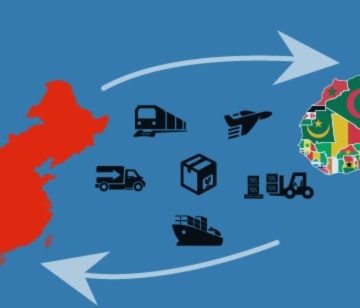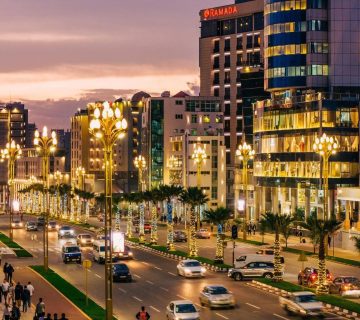Recently, Somalia unveiled the plan for the upcoming 2020/2021 national elections. According to the schedule, parliamentary elections both for Upper and Lower Houses will run from December 1 to December 27, 2020, while presidential elections will be held on February 8, 2021. For several months, the country has been thrown into a complex impasse regarding the modalities of voting; particularly, whether to adopt a universal suffrage of one-person-one-vote or to uphold Somalia’s traditional clan-based delegate voting system. The announcement which came after a tediously-sought agreement between the Federal Government of Somalia (FGS) and the Federal Member States (FMS) to continue with the clan-based delegate voting model, now paves way for an election season that promises to have a heated competition.
Several Somali politicians including those in the diaspora are positioning themselves for the elections. Already, the presidency is attracting a lot of attention. Alongside President Mohammed Abdullahi ‘Farmajo’ who is seeking a second term, several senior politicians including the immediate former Prime Minister Hassan Ali Khaire, former finance minister Hussein Abdi Halane, and key opposition figures are positioning themselves for the presidential race. In a country that continues to face complex security and governance challenges coupled with entrenched clan-based identity politics and divisions, such politicians coming against each other in a general election may stoke political bickering that if not carefully managed could exacerbate conflict and tensions, and give room for clan militias and al Shabab to take advantage of the situation. Although it remains to be seen who among these contestants will win the elections and take the mantle of leadership in February 2021, it is important to underscore the criticality of the upcoming elections not only for Somalia’s quest for security, stability, and national development but also for the entire Horn of Africa region’s prosperity.
Insecurity and Nation Building Deficits
The current administration under President Farmajo has been criticized for being lackadaisical in addressing Somalia’s most pressing needs for security, political stability, institutionalism, a reliable justice system, and socio-economic development. To date, Somalia still operates on a provisional constitution drafted nearly a decade ago during Sheikh Sharif Amhed’s reign. President Farmajo has failed to steer the country towards achieving common ground in formulating and effectively passing a constitution to guide the country’s politics and institutional building.
For most of Farmajo’s term, the country has been convulsed in a chronic center-periphery tension between the FGS and FMS over the autonomy of states, obviously at the expense of the country’s security and stability. The supremacy battle between Farmajo and Madobe (President of Jubaland) in particular, has been detrimental to the country’s overall security given the clashes by security forces and opportunistic tendencies of the al Shabab.
With a general increase in al Shabab attacks within the last two years, security within Somalia has gotten worse under Farmajo’s administration. Other than the ability to launch large-scale attacks in several regions across the country including in Mogadishu, Al Shabab has reclaimed several regions in Lower Shebelle casting a grim reality on the country’s progress in the fight against the militia group. Essentially, the capacity of the Somali security forces to directly fight al Shabab has put the country in a more precarious situation at a time when AMISOM peacekeeping forces are approaching a major drawdown.
Elections
The coming elections are critical for Somalia in its quest for peace, stability, and nation-building. It is important that the Somalis elect a leader who can champion national unity as well as nurture the socio-economic and political healing of the country. The next president needs to be one who will focus on achieving security priorities, particularly containing the al Shabab. Other than familiarity with the everyday politics in Somalia, the next president should be one who understands and is committed to the key development needs of the country; building unity, creating stronger institutions, steering socio-economic development, and achieving national cohesion. These priorities are not only critical to the reconstruction process of Somalia, they are also central to the peace, security, and stability of the Horn of Africa region.
Joel Otieno is a Researcher at the HORN Institute
Photo: A woman holds a Somalia flag in Somalia (Photo Credit: AFP)



